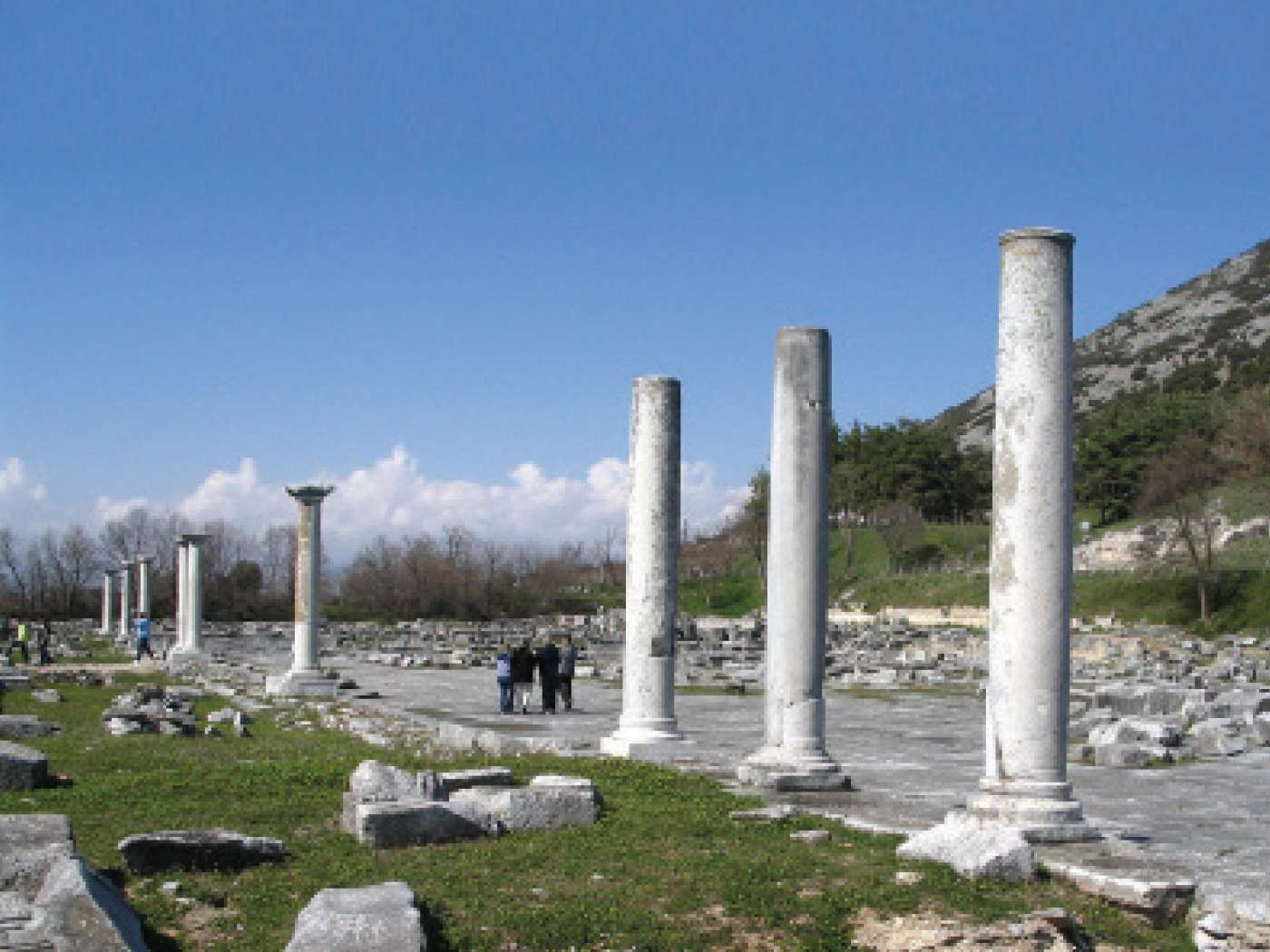Search Tools
New Defender's Study Bible Notes
55:6 wings like a dove. One does not solve his problems by fleeing from them. Jonah, whose name means “dove,” learned this lesson by bitterly running from God only to find himself faced with possible death (Jonah 1:3,15).
55:7 wander far off. That was what Jonah attempted to do, as he boarded the ship sailing west and far away from Nineveh (Jonah 1:3).
55:8 escape from the windy storm. When God sent a tempest after Jonah, he again sought to escape by having himself thrown into the stormy sea (Jonah 1:4,12). But just as Noah’s dove could find no rest until she returned to the ark (Genesis 8:9), so Jonah (“the Dove”) found no rest even in the great fish until he returned to the will of God.
55:9 divide their tongues. “Divide” here is the Hebrew palag, used elsewhere in Scripture only in Job 38:25 (“God hath divided a watercourse for the overflowing of waters”) and in Genesis 10:25 (with I Chronicles 1:19), which records that “in his days the earth was divided.” The patriarch Peleg was named after this division at Babel, when the primeval nations were divided by tongues. David was praying for an analogous division of tongues in the counseling of those who were advising Absalom in his rebellion against his father. This is exactly what happened (II Samuel 16:20; 17:7,14,23).
55:14 sweet counsel together. David undoubtedly was writing about Ahithophel. However, his words in Psalm 55:12-14, 20-21, could very well fit the unspoken words of the Lord Jesus in relation to his disciple Judas, the betrayer. Psalm 55, in this portion at least, becomes another Messianic psalm.
55:22 Cast thy burden. The Hebrew word for “burden,” used only here, actually means “gift” (compare Philippians 1:29; also note I Peter 5:7).
55:22 sustain thee. One should not complain about his problems (Psalm 55:2) or run away from them (Psalm 55:6), but cast them on the Lord.
Psalm 56 (title) Jonath-elem-rechokim. Jonath-elem-rechokim means “the silent dove of those afar off.” The psalm was written in the midst of David’s experience in the pagan land of the Philistines, as described in I Samuel 21:10-15.






